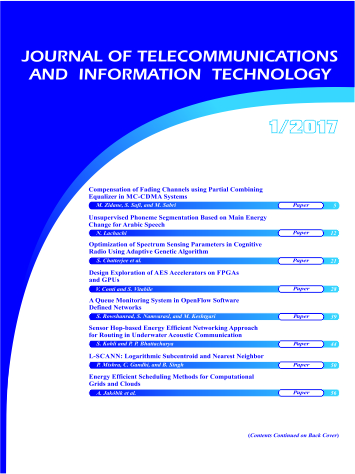Introduction
The problem of optimal resource allocation and utilization in computational clouds (CC) remains challenging research task in today’s parallel computing. The considered computational infrastructure contains a large set of virtual machines (VMs) implemented in physical resources in distributed private and public cloud clusters. In public clouds, the customer can use any number of VMs and pay for used resources. The cloud provider collects the tasks from the users, analyzes the customers’ requirements and tries to allocate the virtual and physical resources based on such requirements. Therefore, the users’ requests for the access to the cloud services and resources may be dynamic. The users may change the number of VMs, which can be utilized. Therefore, the system must ensure the proper scheduling policies for such dynamic environment…
Conclusions
The Stackelberg game model can be used for supporting the user of the CC decisions during renting VMs. Proposed game stages are related to the information flow process in cloud. The proposed model enables the usage of on demand recourse provisioning to minimize the computational cost. In the proposed games, the users of virtual resources decide first, so they have special privileges, furthermore, they choose computing capacities. The scheduling unit follows the leaders and decide based on the leader’s actions. Third step is the sub-game for virtual resources…

